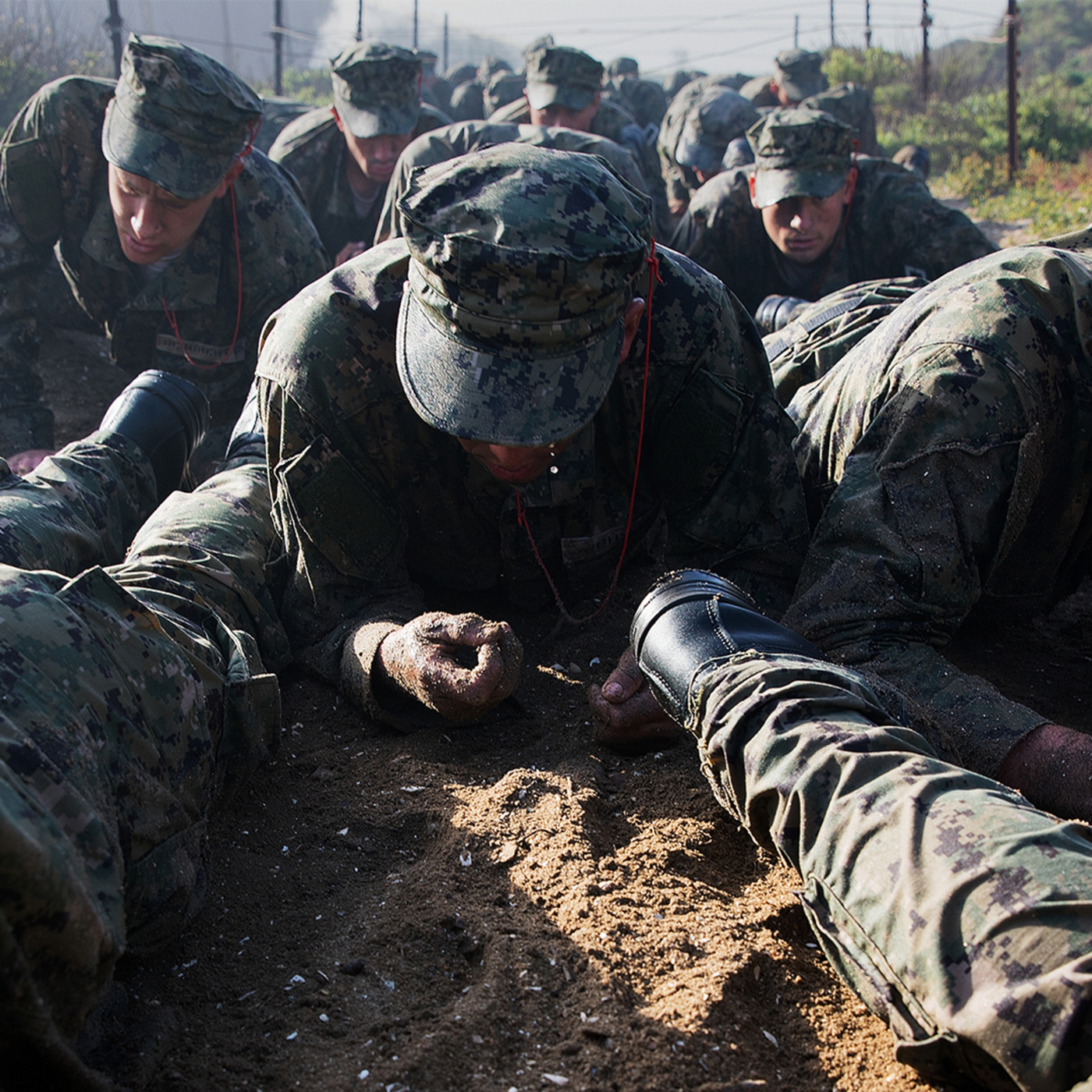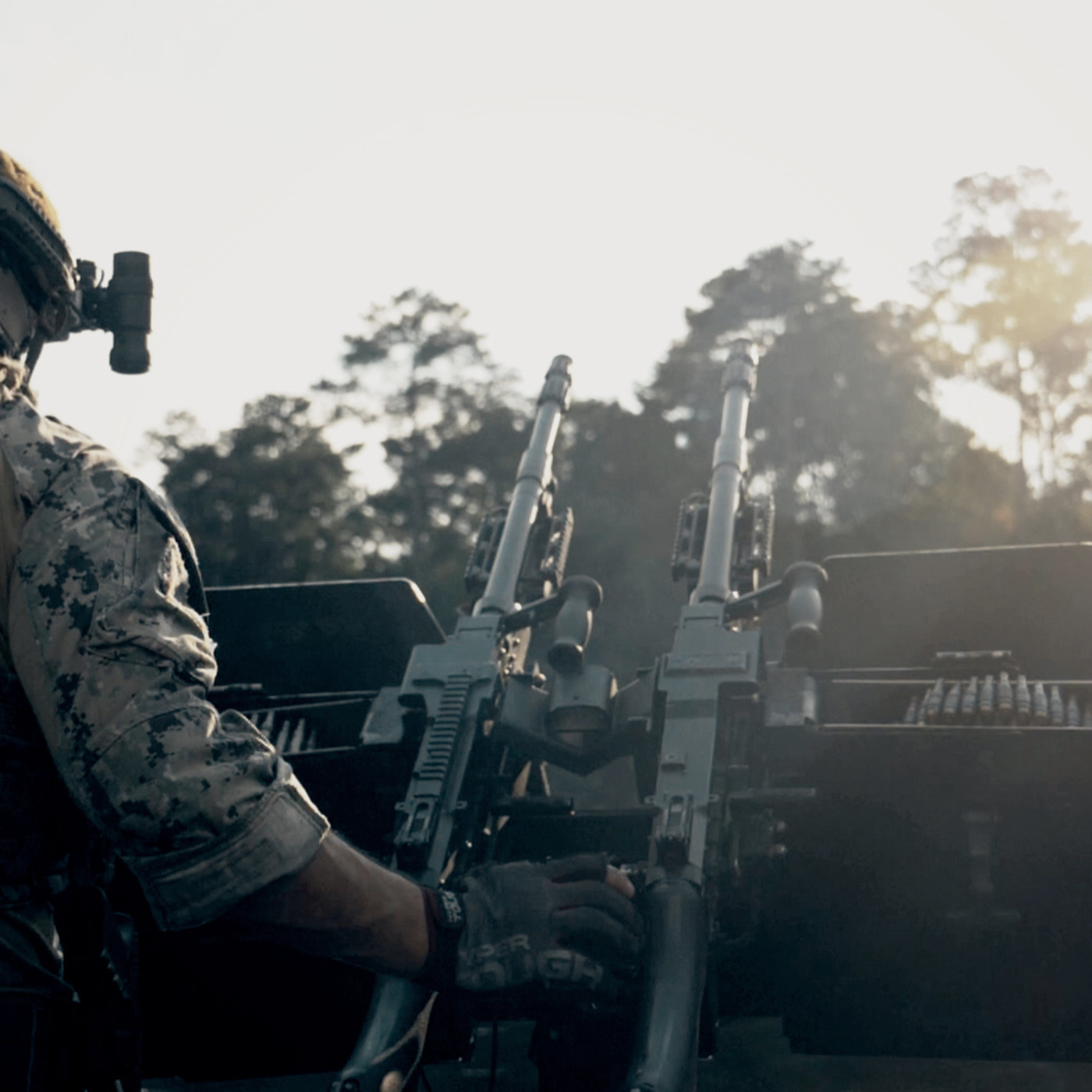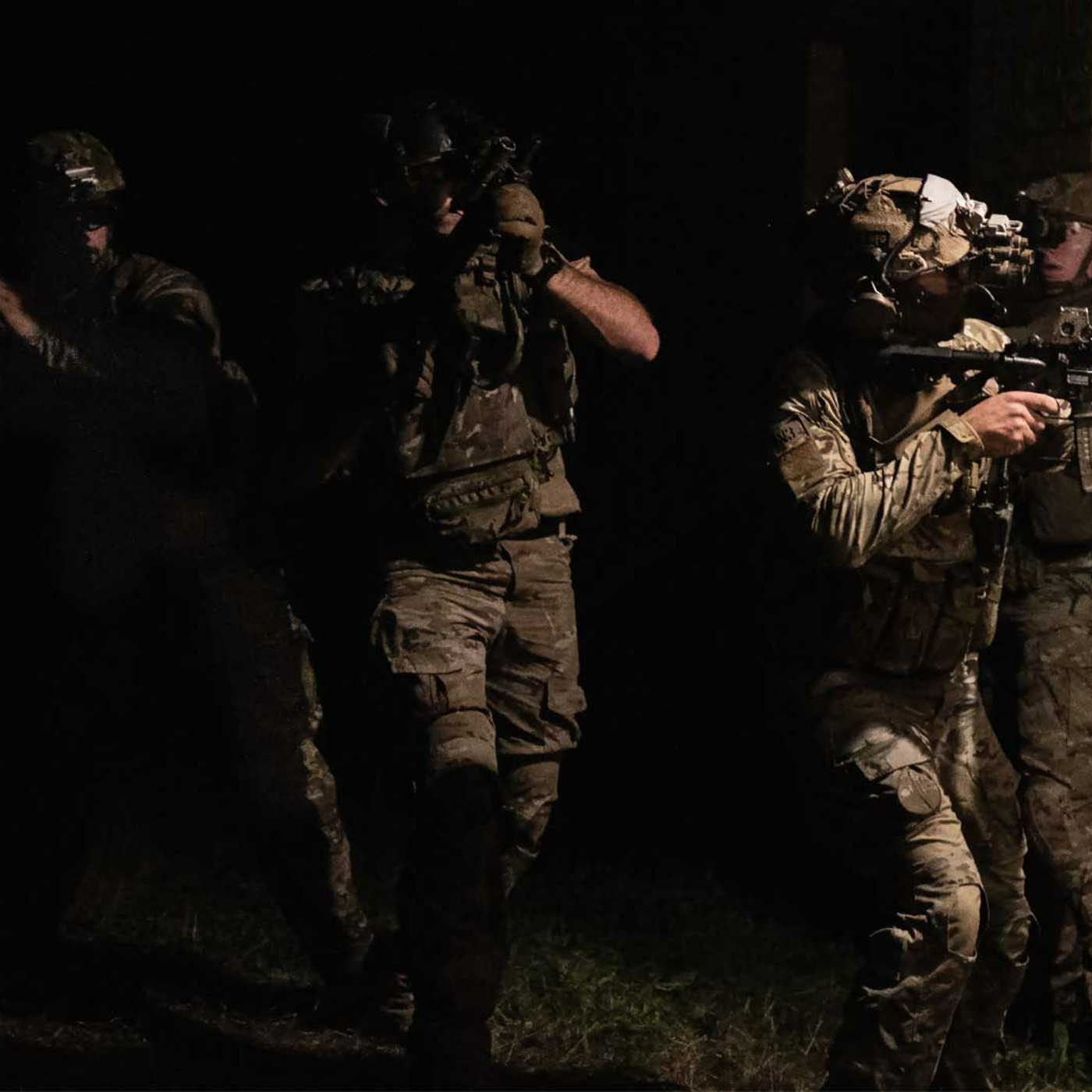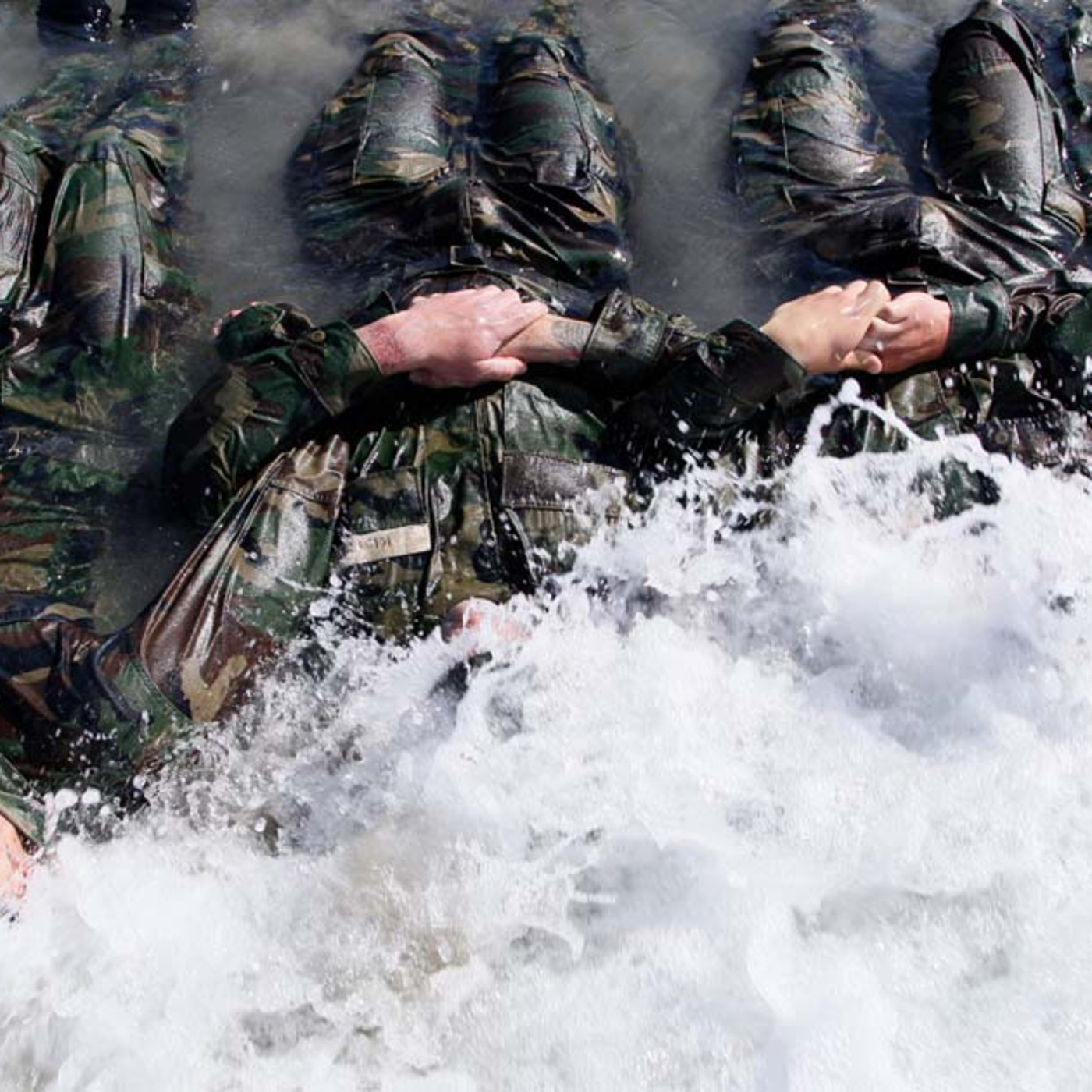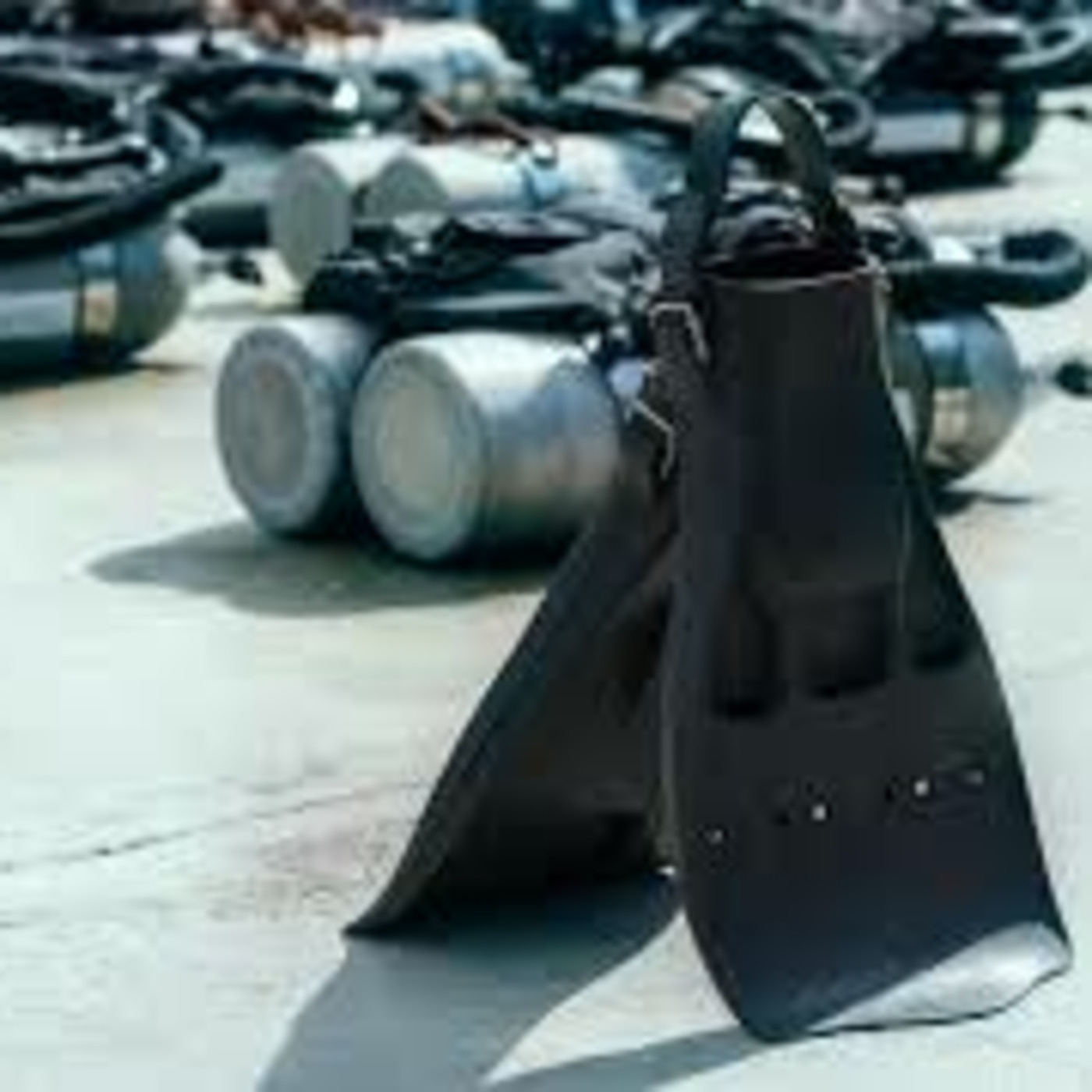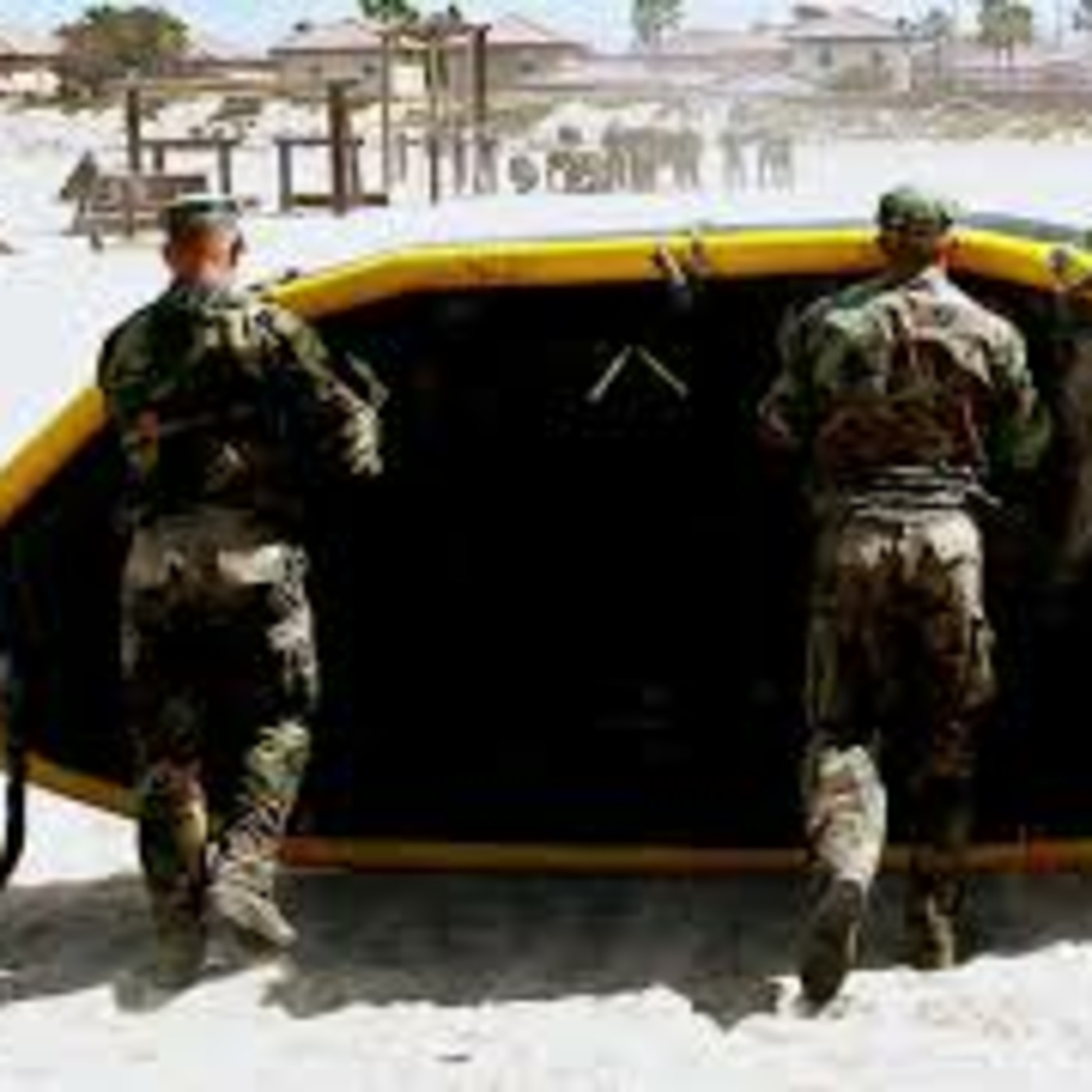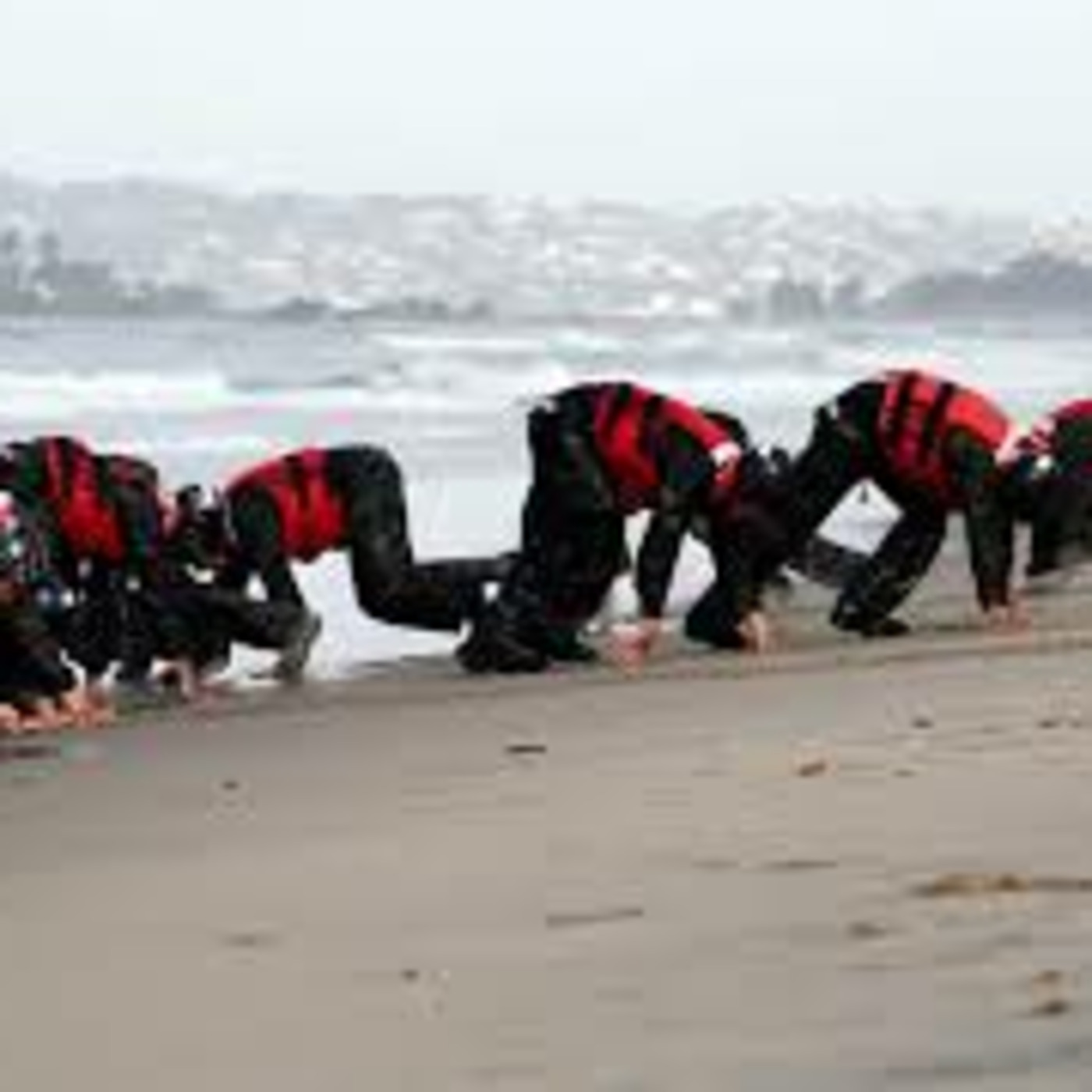Episode 42: PODCAST: Episode 42 | How do I become a SEAL Officer? | SEALSWCC.COM
Description
SEAL/SWCC Podcast 2022
Episode 42
Title: How do I become a SEAL Officer?
Subtitle: The How-To guide for candidates
Description: We dive into the mailbag and answer your questions about SEAL Officer programs with our guest, Andrew Dow.
(Host) Scott: Welcome to The Only Easy Day Was Yesterday, the official Navy SEAL and SWCC podcast. I'm Scott Williams, your host, and today we have with us, Andrew Dow, who's a retired SEAL, and also our officer programs expert. And we thought, well, today we’d just take a look inside the mailbag. We get a lot of questions about officer accession programs, and in particular, about what we call SOAS which is the SEAL Officer Accession and Selection. And maybe Andrew, you can just start by giving us kind of a synopsis of what SOAS is.
(Guest) Andrew: Sure, well, first of all, thanks for having me again, guys. SOAS, the SEAL Officer Assessment and Selection, was developed in 2014 and it has now become an official program for the Navy, prerequisite for BUD/S, Basic Underwater Demolition SEALS. It's a two-week long course where we assess officer candidates, whether they're coming from the Naval Academy, ROTC, OCS candidates, lateral transfers, some candidates from the big Navy active duty. It’s a two-week course of instruction during the summer where we will assess specifically four attributes that we're looking at: one being their cognitive abilities, their character, which is a real important one, their leadership and their ‘team-ability’. That's what we're looking at with those four main attributes. They will go through a week of physical and mental assessment evolutions, where we will be testing them through their physical capabilities, as well as presenting them with some mental challenges that they'll be faced with. One being, it could be, you know, some evolutions they'll see as similar to what they'll see in BUD/S more, it's log PT, or boats on their heads. But they'll also be introduced to new types of evolutions that specifically are assessed there, those four big traits. And then the second week being interview week, where they will sit down with an officer and a senior enlisted SEAL in the community, and they will sit down – and note it's a business interview, where there will be asked questions and regarding the community, regarding where they stand and how they were raised, challenges they faced, and to get a good idea of what the individual, who the individual is. And all this gets thrown together and goes to the selection panel, which happens after SOAS.
Scott: And just to be clear, this is not for enlisted candidates; it's for officer candidates only. And when does SOAS occur during the assessment pathway?
Andrew: SOAS happens during the summer, and it happens, like I said, two weeks, in June, two weeks in July, two weeks in August, and this happens after applications have been submitted to the SEAL Officer Community Manager. And correct, like you said, it's only for SEAL officer candidates; the enlisted side is completely separate. Those applications are due in February to the SEAL OCM, and from there it's a – they find out if they receive an invitation to SOAS, they complete SOAS, then the SEAL selection panel, which is a panel of O-5 and O-6 SEAL officers that determines who will receive orders to BUD/S. After that, pretty much a month, two months after that, depending on which accession source, you will head off to BUD/S.
Scott: Okay, so it's definitely pre BUD/S.
Andrew: Yes.
Scott: And it's after the application piece. You get a notification; if you're invited you come here during the summer, and then you get notified if you're going to attend BUD/S. And that notification usually comes when?
Andrew: So, selection panel is in September. Most candidates, specifically OCS, will be notified late October. ROTC and Naval Academy, since they're rising seniors, they won't find out until about December timeframe, because they won't actually go to BUD/S until the summer of graduation. But OCS candidates can leave anytime between November to April, where they would first have to attend OCS in Newport, Rhode Island, for 12 weeks and then a month after that they will report to BUD/S. So, they could get to BUD/S as early as January-February after the selection panel and be at BUD/S getting after it.
Scott: So, we're talking about a good year, year and a half process from deadline of application to actually showing up for BUD/S, if you're selected.
Andrew: Easily, yeah. Most candidates, it's about a two-year cycle. OCS, it's a little sooner because they already have their degree, right? To become a Naval Officer or any officer, you have to have at least a four-year degree to earn your commission. So, it's usually about two years.
Scott: So, much longer timeline than a guy going for an enlisted contract?
Andrew: Absolutely.
Scott: Good. I mean, (an enlisted candidate) may even show up a month after he gets a contract, but usually more like three to six months, but way longer for officer candidates. So, this is why it's good to apply when you're in your junior year?
Andrew: Yes. Great question. Most candidates I start trying to reach out to them their freshman, sophomore year in college, just so they have an idea and so they have all their answers before they actually submit an application. So they can, you know, start building their resume. But usually, candidates start their application, whether it's ROTC or Naval Academy, their junior year.
Scott: OCS candidates usually are either graduated already, or about to graduate that May, so they'll start their application usually August for a February deadline. Okay, so we have a lot of questions that people out there have sent to us and by the way, but before we get into those, I'll just say if you have questions about SOAS, about SEAL officer programs in general, or whether you have questions about the SEAL community, even if you want to be enlisted, or the SWCC community, if you want to be an enlisted SWCC – Andrew, how can they get a hold of us?
Andrew: Well, for the SEAL Officer side, they can just go to Google, sealswcc.com is a great resource to find all things – SEAL Officer requirements, as well as the enlisted side for both SEAL and SWCC. But my contact information is there on that website. That's probably the easiest way to find out more about it. And from there, I can get you on the SEAL email distro, which is an opportunity for aspiring SEAL candidates to come together. And I send announcements out regarding upcoming events, specifically for SEAL officers. So, it's a good resource to have, just going to sealswcc.com is where you start.
Scott: Right, sealswcc.com is our home website. It's where all the information is, where you can find out about training, about accession and a lot of other things about the community and our general email there, which actually comes to me and so I can send things over to Andrew or whoever I need to, to get answers. It is info@sealswcc.com for all your questions. So, we're gonna do a few today. We have so many here, we'll probably schedule you for another session and we'll answer some more, but all of these questions that we're about to cover are about SOAS, so I'm going to kind of randomly throw some of these out of here, reach into my mailbag - okay, I totally faked that - and we're going to have some questions. So, all right, how about this one? “Will knowing a second language help with my SOAS package? If so, what languages should I learn?”
Andrew: Alright, so languages in general is a good quality of good capability to have when you're looking into the SEAL community. SF (Special Forces) requires all their operators to learn a language. The SEAL community does not, but it's always a good tool to have when it comes down to it – specifically for the SOAS application it is not a requirement. It's a nice to have specifically languages that SEALs are operating in. You can just check out the news where their major conflicts going on, those areas and the regions that there could potentially be presence, military presence, are good spots to start learning what language you could potentially learn. However, it is not going to get you to SOAS. It's a good thing to have, it's a nice resume booster, but it is not the thing that is a requirement.
Scott: Could it separate you from the pack?
Andrew: It can, and you know from experience guys and gals that speak a language are more in tune to learn another language, you know, they can learn multiple languages and that can be very, very powerful tool within the community being able to speak multiple languages. I think having a good understanding, not just a basic understanding but working knowledge of this language of a specific language, will definitely help you in the end but I mean, this is just such a small part before going to SEALs, before going to BUD/S, before going into SOAS. I mean it's good to have, but it's not necessary. However, it doesn't hurt. So, languages like, you know, the big ones most people take if they're doing any type of major is whether it's Spanish, French, German. But obviously some of the big ones were no longer in Iraq and Afghanistan. So, the Arabic language and other dialects isn't as ...
Scott: .... not quite as immediate use as it used to be, right?
Andrew: Right, but I mean, being able to speak any of those languages is what puts you above everyone else and it will definitely jump out on the application, and seeing that you can speak any of those dialects.
Scott: Well, considering that we have SEALs and SWCC in more


